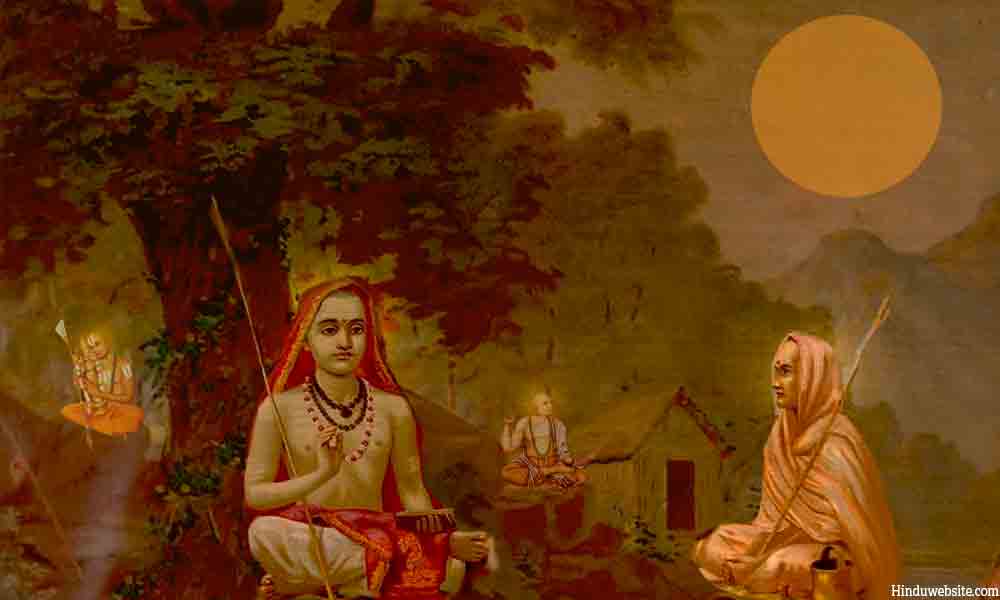Understanding Vedanta and its different philosophies
Vedanta philosophy refers to the philosophical traditions and spiritual concepts derived from the Upanishads, which form the conclusion of the Vedic texts. While Vedanta has influenced Hindu thought and practice for centuries, its philosophical concepts are not widely understood by the masses today. This article aims to explore Vedanta and provide insights on how its different schools of thought gained popularity over time.
Early influences from the Bhakti movement
The Bhakti movement which originated in South India between the 7th-11th century AD promoted devotion and worship of personal gods instead of Vedic rituals. Many Hindus were drawn to the bhakti aspects of following a personal deity. Due to this influential movement, most Hindus today focus on worshipping gods like Krishna, Rama, Murugan, etc. rather than studying philosophical treatises like the Upanishads.

Introduction of Vedanta to the masses
Spiritual leaders in the 19th century played a key role in introducing Vedanta concepts to a wider audience. Swami Vivekananda founded the Ramakrishna Mission and authored works promoting Neo-Vedanta, a modern interpretation of Advaita Vedanta. His writings presented Vedanta in a rational and accessible manner appealing to modern sensibilities. Other influential figures like Sarvepalli Radhakrishnan also contributed to wider dissemination of Vedantic thought.
Advaita Vedanta gains popularity
Once exposed to Vedantic literature, Advaita Vedanta emerged as the most followed school of thought. Advaita, meaning “non-duality”, asserts that Atman (soul) and Brahman (universal spirit) are the same. Major texts like Adi Shankara’s commentaries gained widespread readership. Advaita appealed to intellectual seekers by providing a coherent framework for Self-realization without ritual worship.
Limited mass influence of Vedantic philosophies
However, for common people, intense philosophical study was not a priority. As Tamil scholar T.S. Balakrishna Sastri observed, most were engaged in religious worship rather than comprehending intricate differences between schools like Advaita, Vishishtadvaita and Dvaita. Unless one had a scholarly bent, delicate nuances in non-dualist or qualified non-dualist doctrines held little relevance.
Role of internet in modern dissemination
Today, the internet is a potent tool for spreading Vedic and Vedantic ideas. Platforms like Quora allow seekers worldwide to engage with experienced users like Pete Bahba who answer questions on Advaita Vedanta with patience and erudition. Short audio/video clips further help introduce complex concepts. While mass following may still elude Vedanta, the online medium ensures philosophy remains accessible for interested learners.
Future of Vedantic traditions
As lifestyles become increasingly fast-paced, rituals continue diminishing in importance compared to the spiritual quest for self-realization. This bodes well for philosophies providing tools for inner wisdom. Leaders like Sri Ramana Maharshi and Nisargadatta Maharaj popularised the essence of Advaita for modern times through their teachings emphasizing self-inquiry. Their lifelong impact hints that Vedanta, especially non-dualism, will endure as a perennial wellspring of insight for spiritual aspirants.
I hope this comprehensive article provided useful insights into understanding Vedanta and exploring how its different schools of thought like Advaita Vedanta found prominence over the centuries. Do let me know if any part needs further clarification.
